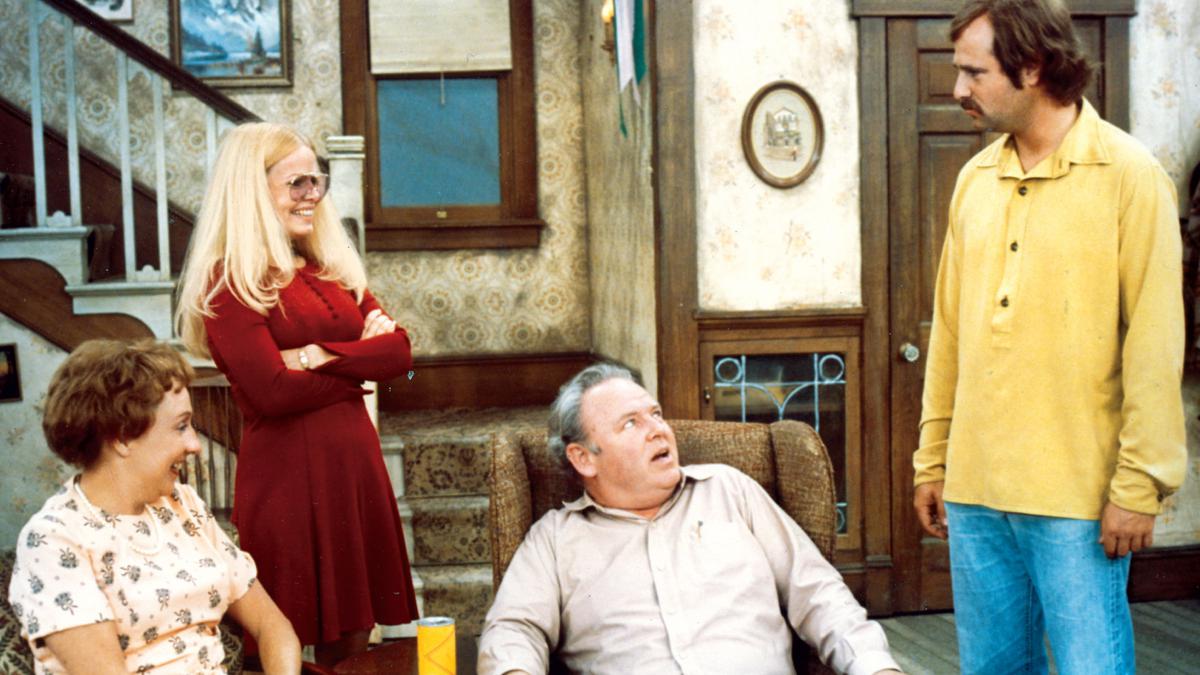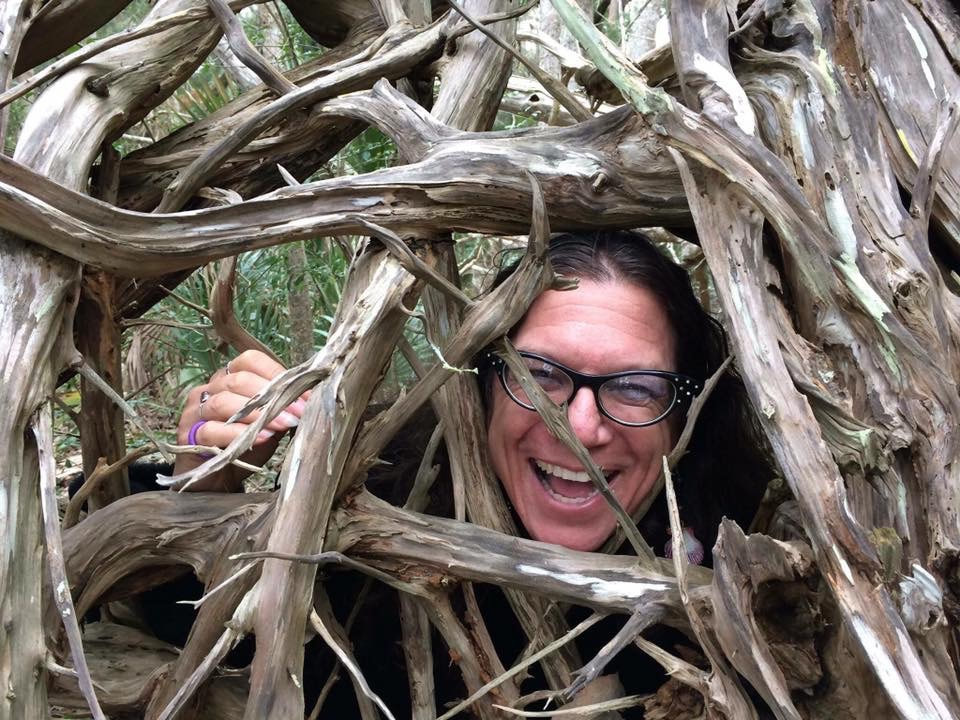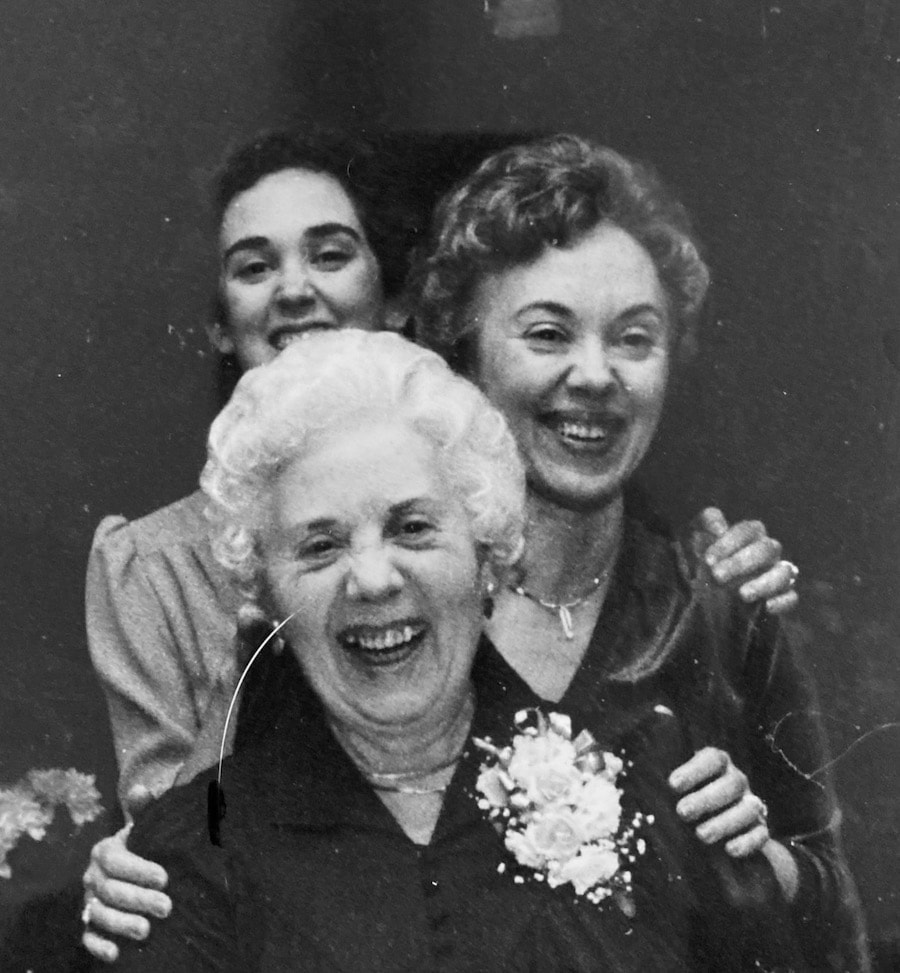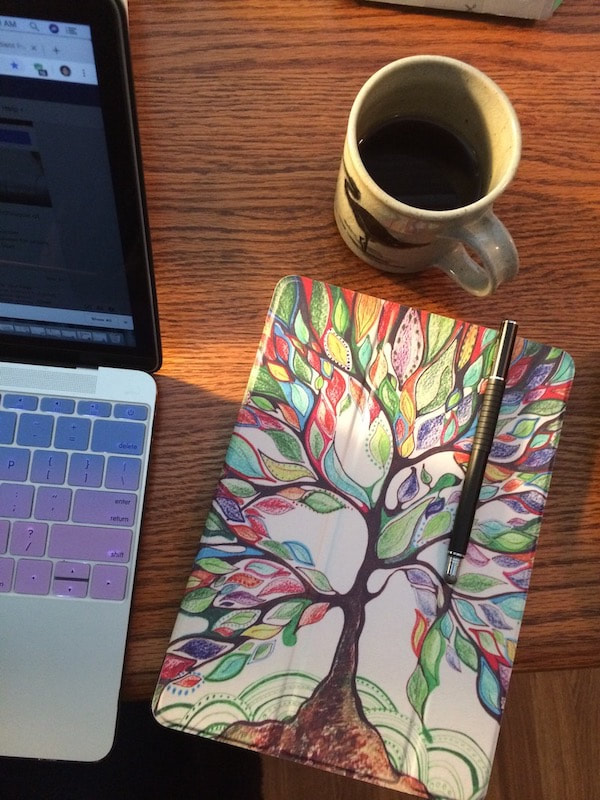Don’t pay attention to that.
Don’t stick out.
Don’t cross the tracks.
Don’t point out the obvious.
Don’t say that out loud.
Don’t embarrass me.
Don’t talk about sex, drugs or rock and roll in polite company.
It’s ok to have an opinion - but keep it to yourself.
It’s ok to have interracial friends, but don’t be seen out with just one or people will think you’re on a date.
It’s ok to be smart, but don’t be different.
In my family, in my little hometown, these were the things that were said and unsaid over and over to children in the 60s and 70s. These were the “Don’ts” that shaped me.
In our little suburban cookie cutter houses, with our moms in identical aprons holding their own cookie cutters, cookie children were stamped out in the same mold. Don’t be different.
On the other hand, people in my town talked freely about their prejudices. Ethnic slurs and jokes were a dime a dozen. These were the days of Archie Bunker, and if you’ve watched All in the Family re-runs lately you may wonder as I did how this ever, ever got on television. A slap on the back, a hearty laugh between friends, and the Wop and the Jew went off feeling pretty good about their identity and their place in the societal hierarchy. Maybe. At least those of us with white privilege thought so in the 70s.
No one talked about how that felt. Heaven forbid anyone should talk about their feelings. Don't say that out loud.
It’s taken years of processing my upbringing to let go of the things that didn’t serve me, didn’t help me, didn’t make me a better person, didn’t allow me to be in my own integrity with the world. I worked very, very hard not to bring this set of insidious “Don’ts” and prejudiced "Dos" into my own parenting. I’m sure I brought others. “Dos” and “Don’ts” are how we create a culture and a community. In the not-so United States, we really, really like the neat box of Us versus Them.
It seems to me that this a dialogue Americans badly need to have. Do we accept the beliefs, prejudices and assumptions about Others that are handed to us at birth? Do we question them instead? What would happen if we did? What if we all just paused and sat with these things out in the light for a little while?
Do you recognize the “Don’ts” that shaped you?
"Rock the Boat" by the Hues Corporation - the message was even over the airwaves.







 RSS Feed
RSS Feed